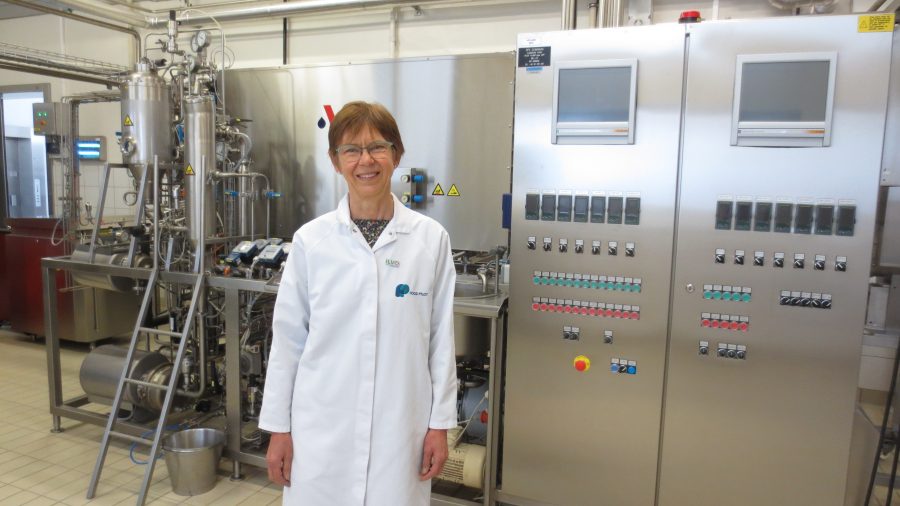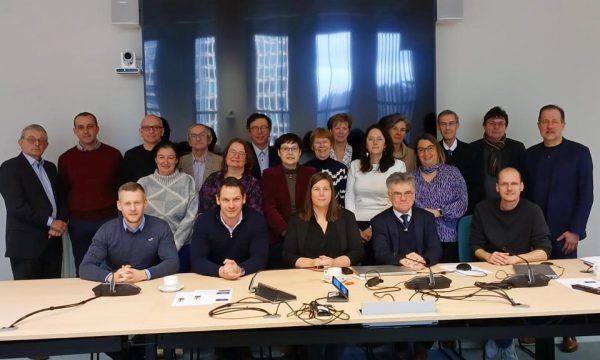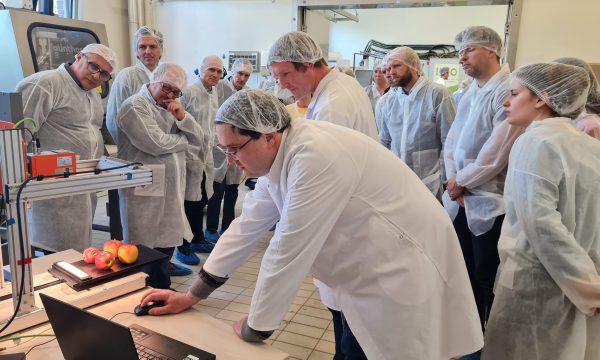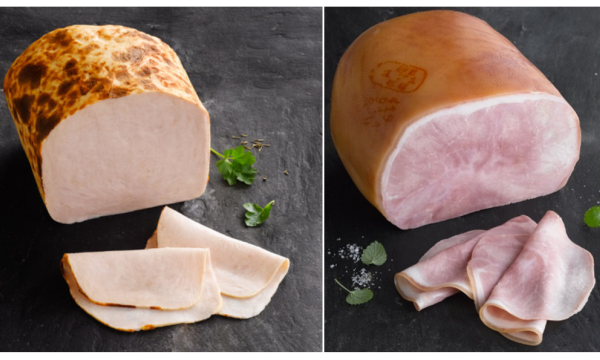Press release ILVO department head takes up prestigious advisory role on One Health at World Health Organization

ILVO researcher and department head Lieve Herman is making her expertise on microbiology and food safety available to a temporary World Health Organization 'One Health' advisory group. By 2024, that group must deliver advice on how the organization in Europe can pick up signals of advancing public health threats more quickly. The Covid pandemic has once again confirmed that the health of animals, humans and their habitats are strongly linked and that the risks are increasing due to climate change and loss of biodiversity, among other things. Lieve Herman is the only Fleming on the 20-member advisory group, alongside Chairman Maggie De Block.
'One Health' stands for the triangle of healthy people, healthy animals, healthy ecosystems. By animals we mean both wildlife and domesticated animals, and by ecosystems we mean air as well as soil, plants, water, climate, etc. To improve or protect the health of any one of those parts, you need an integrated approach that brings the health of all three parts into a sustainable balance. In other words, there are numerous sectors involved and numerous fields of knowledge necessary to make this a practical reality.One Health is not a new concept, but the Covid pandemic has once again put the topic at the forefront of the political agenda. About 60% of the new infectious diseases reported worldwide originate from animals. Human activities such as animal husbandry and urbanization as well as ecosystems under pressure such as climate change are creating new opportunities for these diseases to develop and spread.
In September 2021, the Pan-European Commission on Health and Sustainable Development called for making One Health a priority in practice. The World Health Organization responded with a roadmap (Joint Plan of Action) and the appointment of 22 technical experts, including Lieve Herman, to a temporary advisory group.
The experts are European scientists but also policy makers from the medical sector, food industry, animal husbandry, wildlife management, animal medicine, microbiology, entomology, etc. By the end of 2024, they should have concrete advice ready for a European plan of action. At a later stage, the World Health Organization plans to roll out the developed framework over the rest of the world.
Lieve Herman: "Many puzzle pieces are already in place but still need to be fitted together. For example, the European food safety organization EFSA keeps a database with the complete genome sequences (DNA fingerprint) of pathogenic organisms in food. The medical community already does the same for viruses and bacteria they detect in humans. If we do the same for animals, soils, plants, etc., and link all those databases together, we can find links faster and mitigate public health risks."
About Lieve Herman
Lieve Herman has been a researcher for 33 years at ILVO - the former Federal Dairy Research Station was part of today's ILVO - and in 2007 became head of the Technology and Food Science Unit. She is also the Chair of the Scientific Committee of the Belgian Agency for the Safety of the Food Chain (FAVV) and is a member of the scientific advisory body of the European Food Safety Agency (EFSA).
More info
One Health fact sheet - World Health Organization
One Health Joint Plan of Action (2022-2026)


